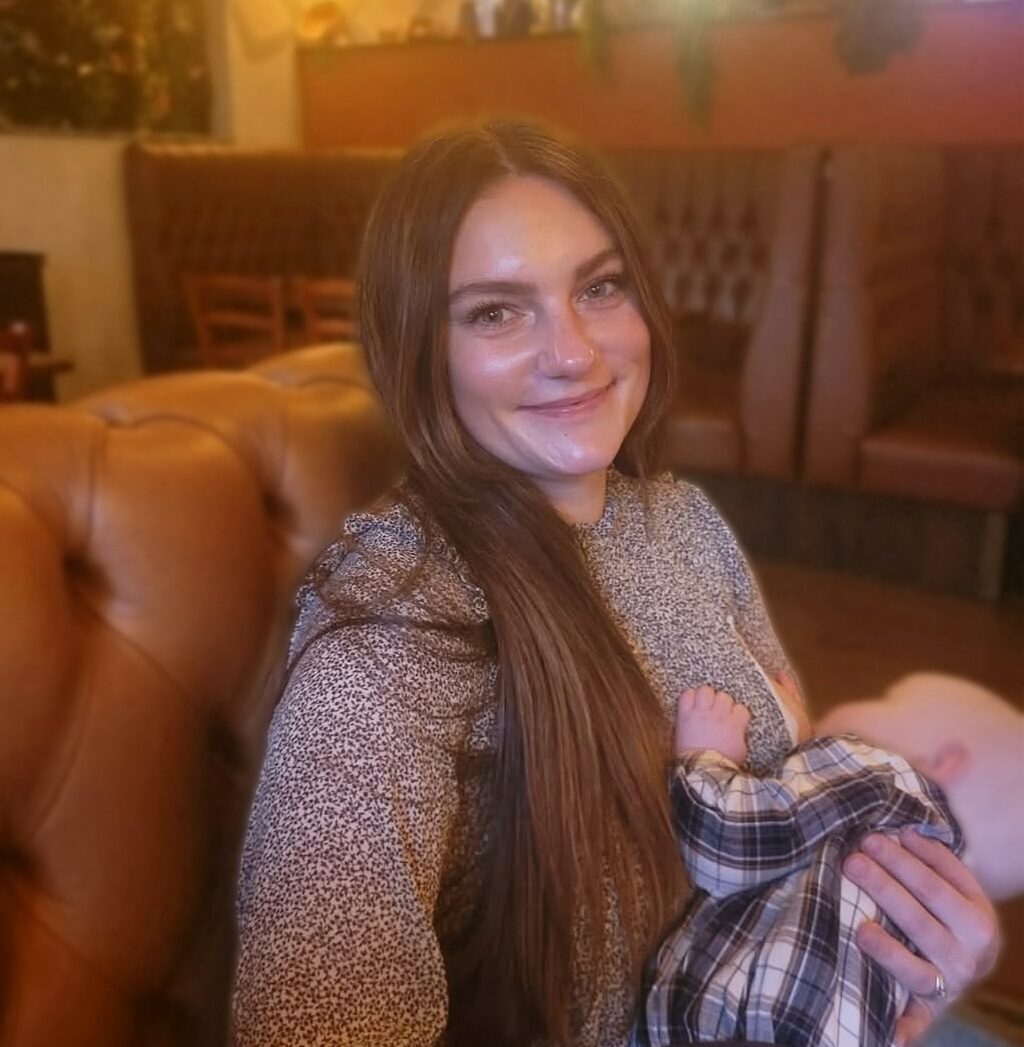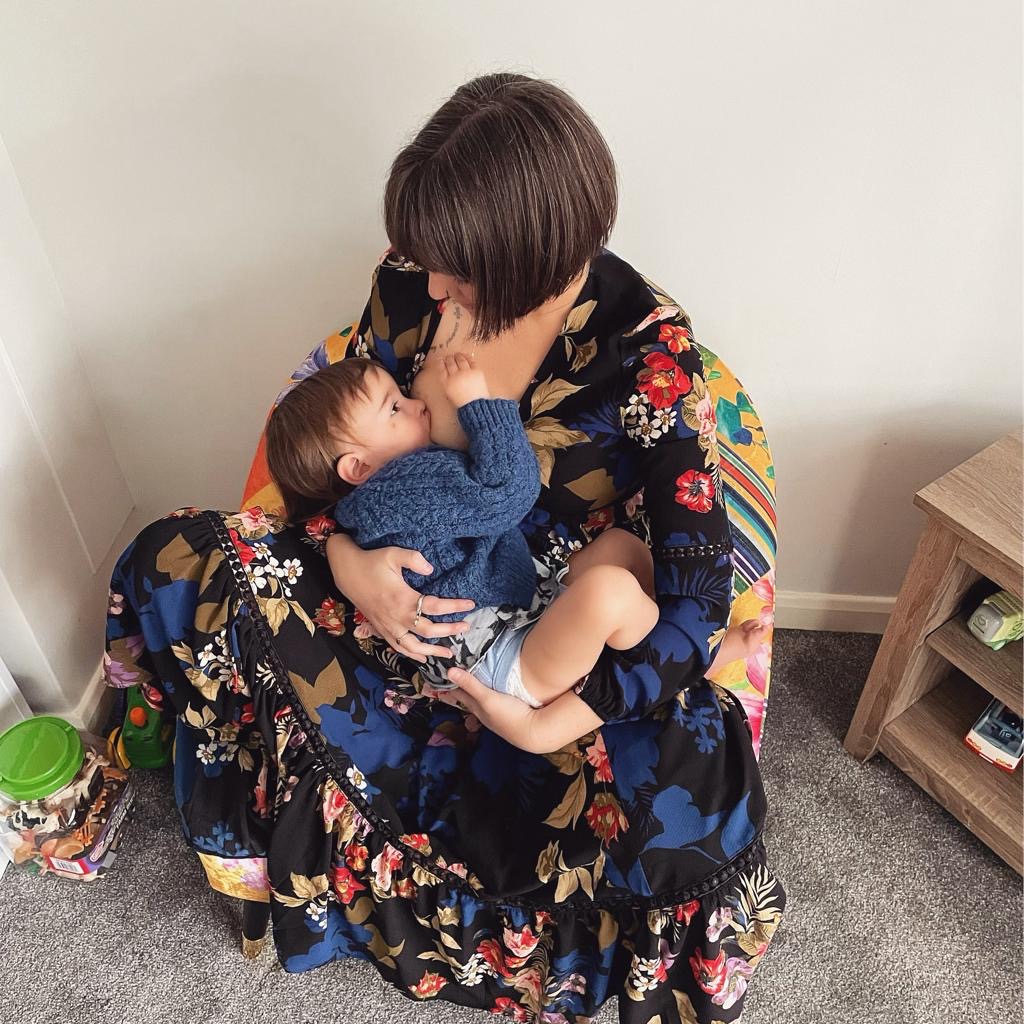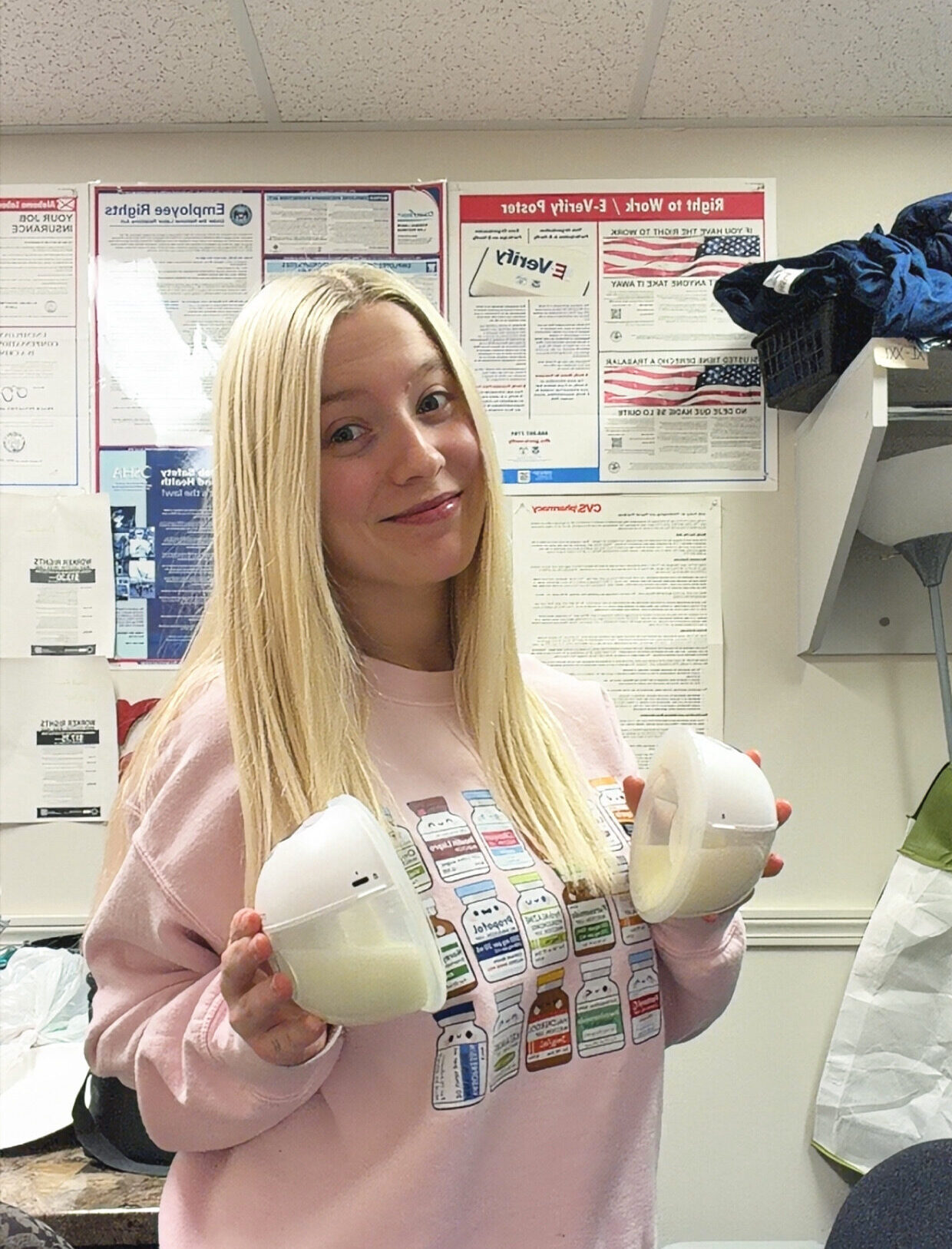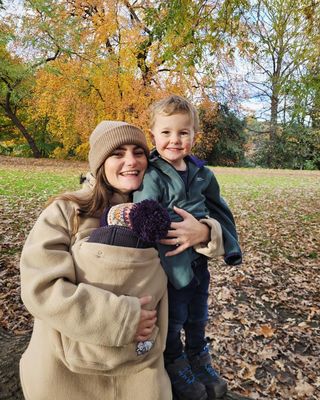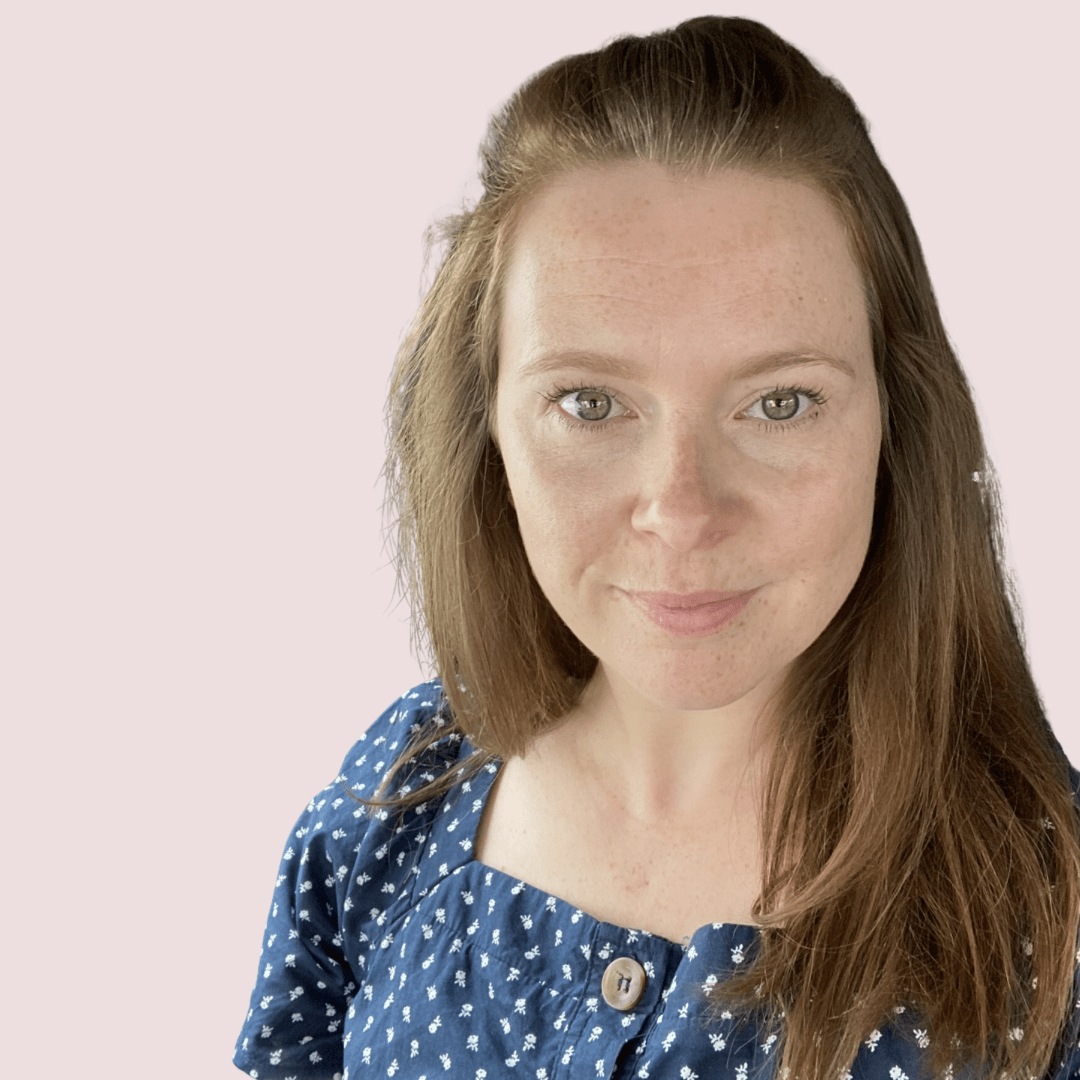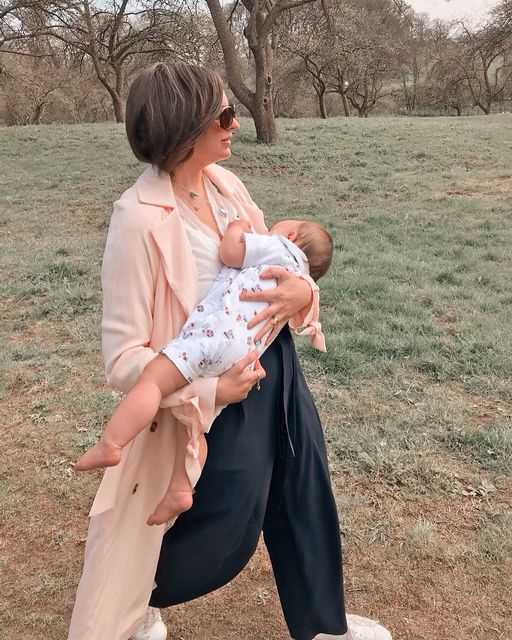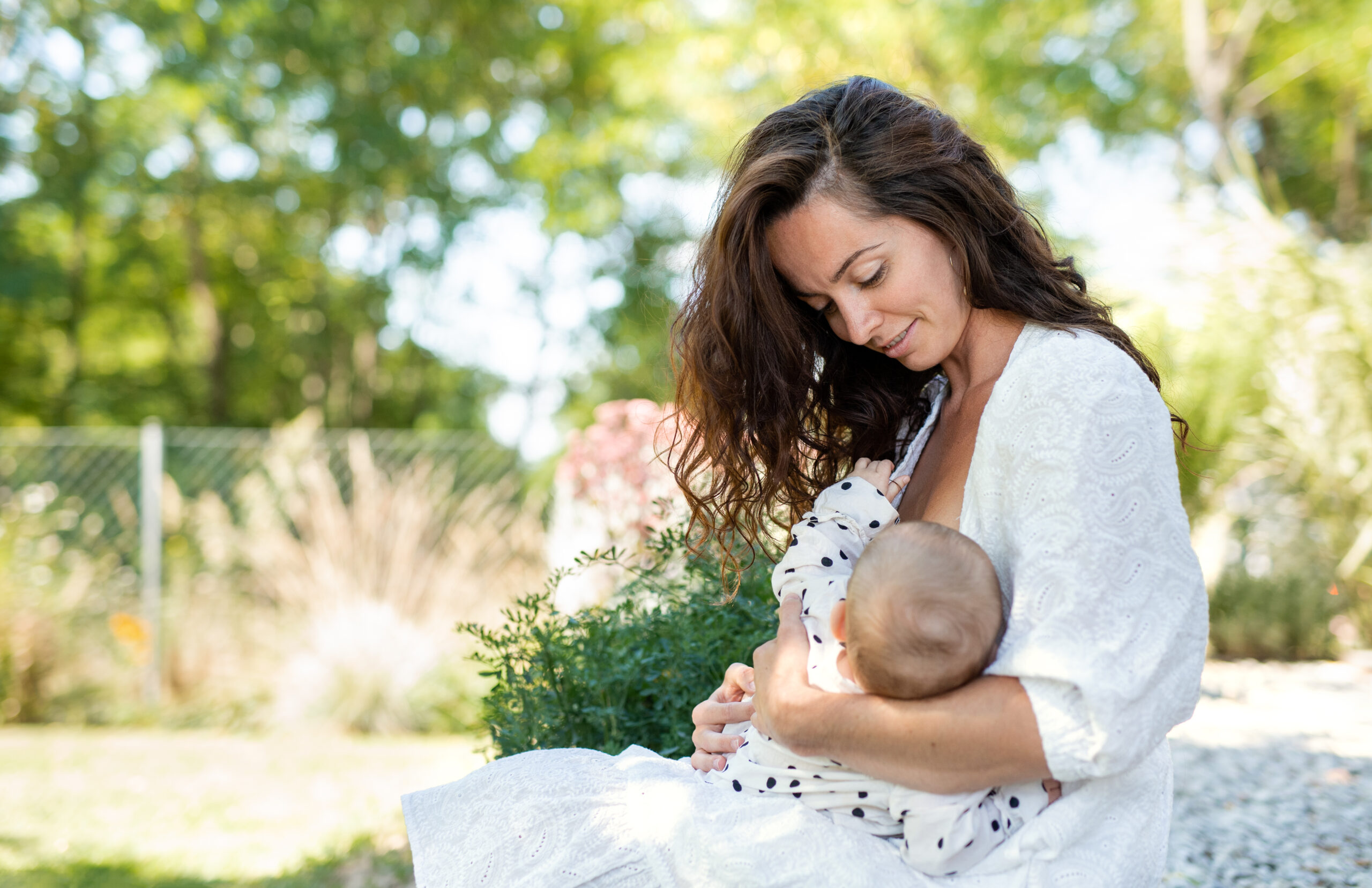This really is quite a big question and one that does divide those that work with people who breastfeed/chestfeed. Should we do an assessment before or after baby is born? When is the best time to see someone? Once they’ve got an issue or beforehand to prepare them?
Personally, I think it’s best to be prepared as new parenthood can be such an overwhelming time so let’s minimize some of that worry but there are others who feel that support should be given as needed.
So here are my thoughts on when to see someone qualified in breastfeeding.
Before baby is here

If you wonder about any of the following:-
- PCOS – Poly Cystic Ovary Syndrome can result in lowered milk production so you can struggle to begin with. The good news is that your milk supply will increase the more babies you have but it’s still worth getting information on how to manage.
- Previous breast surgery – Whether its due to a medical issue or cosmetic surgery, medical interventions can result in damage to the delicate tissues contained within so again its good to get some resources ready so you can spot any potential issues.
- IVF – now it all depends why you had it and to be honest there isn’t a whole heap of research on this but it is believed that it can cause issues with breastfeeding for some – so again be prepared!
- If you’re worried you can’t – now a lot of babies (the vast majority in all honesty!) will latch with no issues and minimal intervention but again its worth having a chat with a professional who can give you lots of little tips to avoid you stressing when you don’t need to. C-section, induction, vaginal birth, medication in labour can all have an impact. Flat nipples, small nipples. inverted, big, uneven nipple size, big breasts, small breasts, one side bigger than the other – we’ve seen them all (its our job!) and we are trained to advise you on how to feed your baby.
- Do you need all that stuff that comes with breastfeeding? Do you really need a pump? Manual, electric, silicone, one you wear, a double or single – what one will work best for you? A pillow? Shields or shells? Isn’t a Hakka something they do in New Zealand? Confused as you just thought you needed your boobs and a baby? Then ask a lactation counselor!
Do you really need a pump? A pillow? Shields or shells? Isn’t a Hakka something they do in New Zealand?
After baby is here

If you have any of the following:-
- Pain – Honestly I cannot stress enough – pain in feeding indicates a problem and needs to be looked at. You should not suffer when you feed your child. It doesn’t matter where that pain is – in your breast or nipple or stomach or neck and shoulders, having discomfort indicates an issue somewhere. If your emotions are being impacted by your feeding choices/routine as that is pain too then ask for help.
- Questions – So you’ve had the baby and received brilliant help from the counselor in hospital however you still have lots of questions and she has lots of other patients to see. A one on one session with a lactation counselor will give you the time to fire away all those little ‘does this look right to you?’ worries.
- If you are worried about supply – not producing much when you pump? Baby seems to feed a lot? Breasts suddenly don’t seem as full? Will one bottle of formula a day make a difference? All of these are questions that lactation counselors are trained to answer and can reassure you as we are trained to get to know you first before making comment.
- If you have concerns – How often should your baby poo? How will you know that they are full? How will you know that they are hungry? How will you know if they’ve got wind? Do breastfed babies burp? Feed on demand or to a schedule? Should their poo look like that? Should their poo sound like that? Why do they want to eat all the time? Will the thirst every go away? Your sister says that shouldn’t happen – is she right? Are you going to spoil your baby by doing too much skin to skin? You know what I’m going to say about this don’t you? See someone.
- If you want to stop – it is believed that our ancestors may have fed their young until the age of 7. The natural age of weaning is thought to be between 2 and 4 years of age. Now there are a whole of reasons for why we want to stop breastfeeding and seeing a lactation counselor can make sure that you are doing it in a safe way as sudden cessation could result in mastitis, engorgement and other complications for you.
Pain in feeding indicates a problem and needs to be looked at. You should not suffer when you feed your child. It doesn’t matter where that pain is…
Breastfeeding support can make all the difference

But does seeing a lactation counselor actually make any difference? It always pay to check out the studies as I do like to see that I’m not barking up the wrong tree in my belief that we need support for a successful parenthood (let alone feeding!) journey. In a study in 2019, participants in a breastfeeding support program were ‘on average 66% less risk of cessation of any breastfeeding and on average 54% less risk of cessation of exclusive breastfeeding at any point in time.’* A significant decrease in women still breastfeeding after ten days post partum was noticed if they did not receive support is shown a study from 2015**.
The facts are that getting support doesn’t mean you’ve failed or you’re not doing it right – it just means that you want to do it well or better. You shouldn’t be judged for asking a question (believe me I’ve been on the receiving end of judgmental support and that was one of the main reasons my oldest was formula fed!) Seeing someone trained in lactation means you will get support and understanding, from a person who can acknowledge how important, frustrating and wonderful this journey is.
The facts are that getting support doesn’t mean you’ve failed or you’re not doing it right – it just means that you want to do it well or better.
Disclosure
I have no disclosures at this time. I am Certified Lactation Consultant from Childbirth International and Certified Doula through Nurturing Birth UK, I am also a Certified Lamaze Childbirth Educator. I formula fed my oldest. I breastfed her younger sisters. Support matters.
References:
* The effect of a breastfeeding support programme on breastfeeding duration and exclusivity: a quasi-experiment – S.A. van Dellen, B.Wisse, M.P. Mobach, A. Dijkstra pub BMC Public Health, 24 July 2019.
**Association between breastfeeding support and breastfeeding rates in the UK: a comparison of late preterm and term infants –Sarah Rayfield, Laura Oakley, Maria A Quigley pub British Medical Journal, Vol 5, Issue 11, November 2015.







